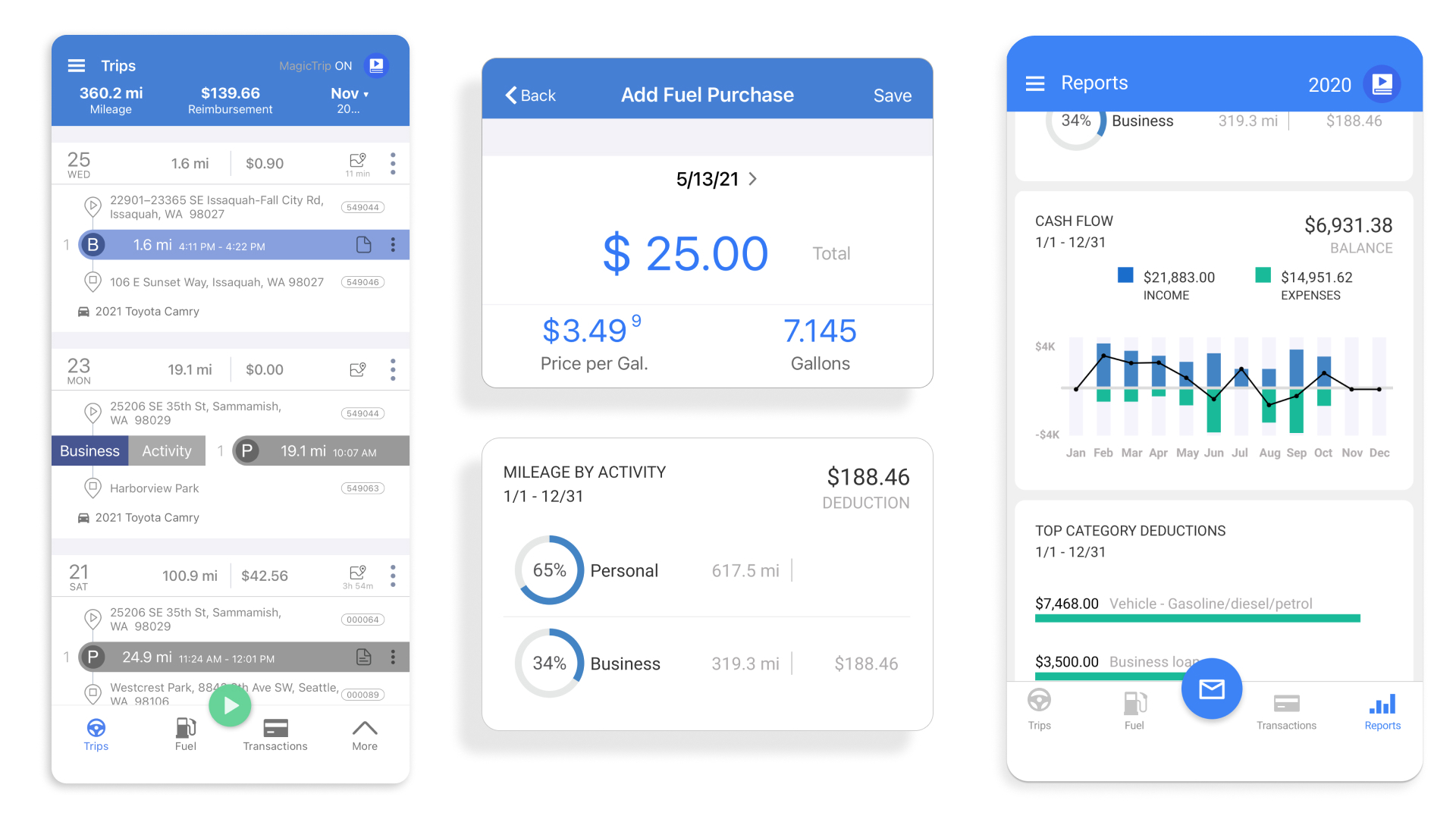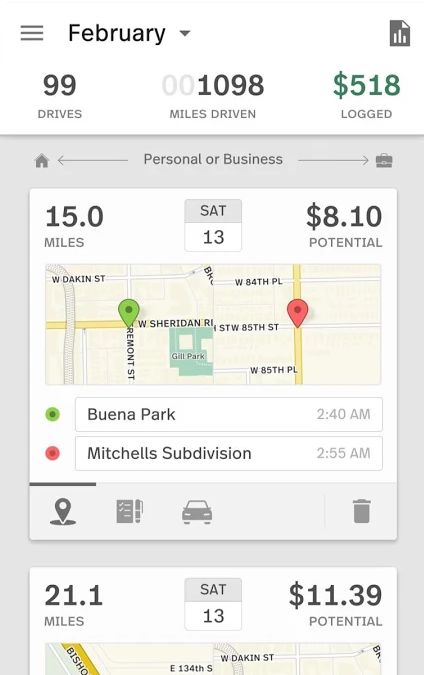Stay Organized with a User-Friendly Mileage Log Powered by the Best Mileage Tracker App
Stay Organized with a User-Friendly Mileage Log Powered by the Best Mileage Tracker App
Blog Article
Maximize Your Tax Obligation Deductions With a Simple and Efficient Mileage Tracker
In the realm of tax obligation deductions, tracking your gas mileage can be an often-overlooked yet critical job for maximizing your economic benefits. A well-kept mileage log not only makes sure compliance with internal revenue service needs but additionally enhances your capacity to confirm overhead. Picking the ideal mileage tracking tool is essential, as it can streamline the process and enhance accuracy. Nevertheless, lots of people fall short to fully take advantage of this possibility, leading to possible lost cost savings. Recognizing the nuances of effective gas mileage monitoring may reveal methods that can substantially affect your tax scenario.
Value of Mileage Monitoring
Tracking gas mileage is crucial for anyone looking for to maximize their tax deductions. Accurate gas mileage tracking not just makes certain compliance with internal revenue service laws however also enables taxpayers to take advantage of deductions connected to business-related traveling. For self-employed individuals and service proprietors, these deductions can significantly decrease gross income, thereby decreasing total tax obligation.
Furthermore, keeping an in-depth document of mileage assists compare individual and business-related trips, which is essential for substantiating cases during tax audits. The IRS calls for particular documents, including the day, destination, function, and miles driven for each trip. Without precise documents, taxpayers run the risk of losing important deductions or dealing with fines.
Additionally, effective gas mileage tracking can highlight trends in travel expenditures, helping in much better economic preparation. By evaluating these patterns, individuals and companies can determine chances to maximize traveling paths, decrease expenses, and improve functional effectiveness.
Choosing the Right Mileage Tracker
When selecting a mileage tracker, it is necessary to take into consideration various functions and performances that align with your details demands (best mileage tracker app). The first element to evaluate is the method of monitoring-- whether you favor a mobile application, a general practitioner device, or a manual log. Mobile applications typically provide convenience and real-time monitoring, while general practitioner devices can supply even more precision in distance dimensions
Next, assess the combination abilities of the tracker. A great mileage tracker need to flawlessly integrate with accounting software or tax preparation devices, enabling for simple information transfer and reporting. Seek functions such as automated monitoring, which reduces the need for manual access, and categorization alternatives to compare business and individual journeys.

Just How to Track Your Gas Mileage
Selecting a proper mileage tracker establishes the structure for efficient mileage administration. To properly track your gas mileage, begin by figuring out the purpose of your journeys, whether they are for company, philanthropic tasks, or clinical factors. This clarity will help you classify your journeys and ensure you record all relevant data.
Following, consistently log your gas mileage. For hand-operated access, record the beginning and finishing odometer readings, along with the date, purpose, and path of each trip.
It's also crucial to regularly assess your entrances for accuracy and completeness. Establish a timetable, such as regular or monthly, to combine your records. This technique helps protect against discrepancies and ensures you do not neglect any kind of insurance deductible gas mileage.
Lastly, back up your records. Whether electronic or paper-based, preserving backups shields against information loss and assists in very easy access during tax obligation preparation. By vigilantly tracking your gas mileage and maintaining arranged documents, you will lay the groundwork for optimizing your prospective tax obligation reductions.
Optimizing Reductions With Accurate Records
Exact record-keeping is important for optimizing your tax obligation deductions connected to mileage. When you keep thorough and accurate documents of your business-related driving, you produce a robust foundation for claiming reductions that might dramatically lower your gross income. best mileage tracker app. The IRS needs that you record the day, location, purpose, and miles driven for each trip. Adequate information not only validates your insurance claims but also gives protection in instance of an audit.
Utilizing a mileage tracker can streamline this process, enabling you to log your trips effortlessly. Many apps automatically determine ranges and categorize journeys, saving you time and decreasing errors. In addition, keeping supporting documentation, such as invoices for related expenditures, reinforces your situation for Learn More reductions.

It's important to be consistent in recording your mileage. Eventually, exact and orderly gas mileage records are key to optimizing your reductions, ensuring you take complete benefit of the potential tax obligation benefits available to you as a company vehicle driver.

Usual Errors to Avoid
Keeping precise records is a considerable action towards optimizing gas mileage reductions, but it's similarly essential to be aware of common blunders that can undermine these efforts. One prevalent mistake is failing to record all trips accurately. Even small business-related trips can include up, so disregarding to tape them can cause substantial shed reductions.
One more blunder see this page is not setting apart between individual and business mileage. Clear classification is vital; blending these two can cause audits and result in fines. Additionally, some individuals fail to remember to maintain sustaining files, such as invoices for relevant expenditures, which can better confirm claims.
Using a mileage tracker app ensures consistent and reliable documents. Familiarize yourself with the latest regulations relating to gas mileage deductions to avoid unintentional errors.
Conclusion
In conclusion, effective mileage monitoring is vital for making best use of tax obligation deductions. Using a trustworthy gas like it mileage tracker simplifies the process of tape-recording business-related trips, guaranteeing accurate paperwork.
Report this page